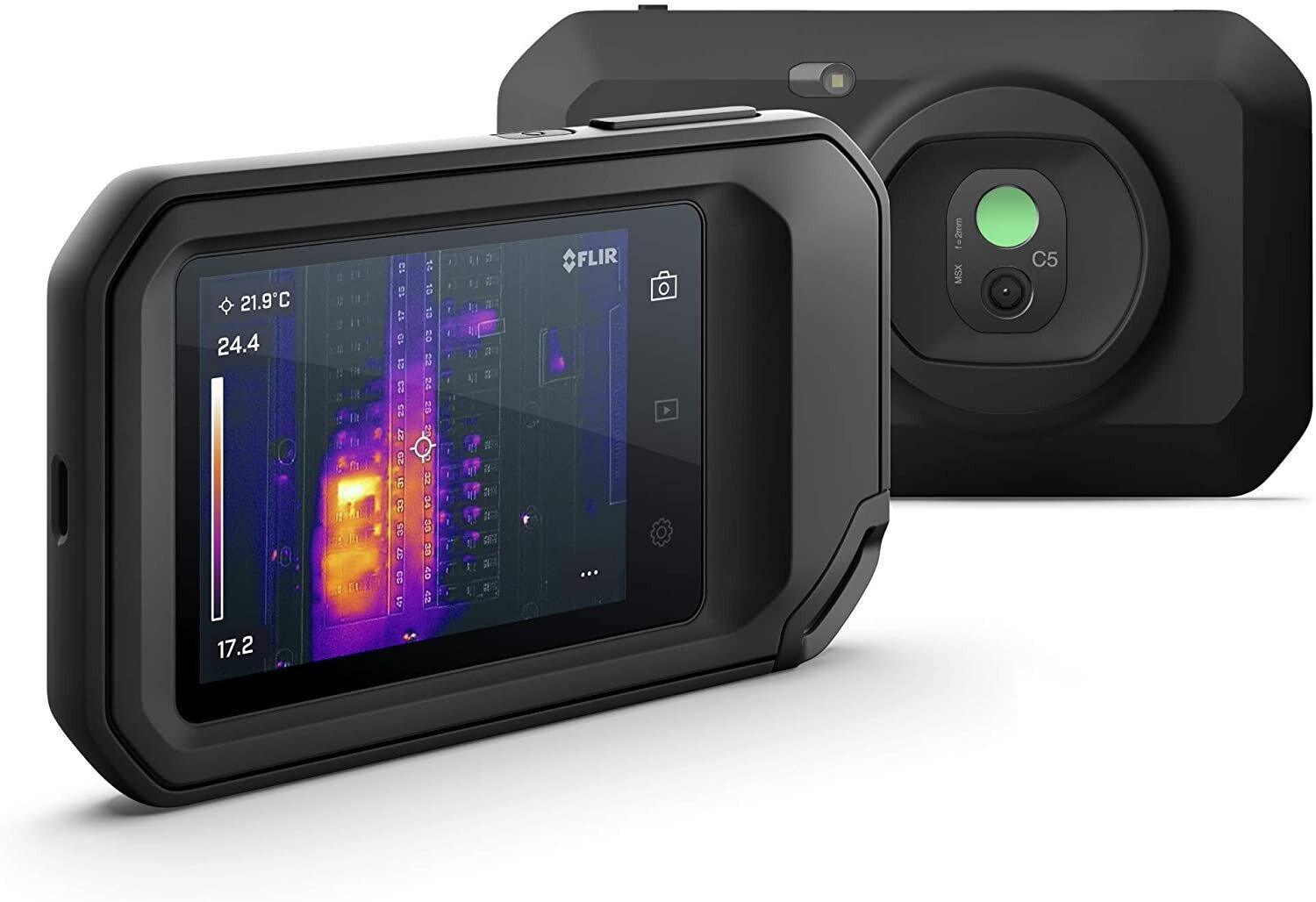Science is an ever-evolving field that demands the latest technologies and gadgets to keep up with the pace of research and discoveries. From lab equipment to field gear, scientists require innovative tools that can help them explore, analyze, and discover. In this article, we will discuss ten cool gadgets every scientist should own, ranging from digital microscopes to smart lab notebooks.
Table of Contents
1. Digital Microscope
A digital microscope is an essential gadget for any scientist working with microscopic objects. Unlike traditional microscopes, digital microscopes can capture and display images on a computer screen or a mobile device, enabling easier and more accurate analysis. The Celestron Digital Microscope Pro is an excellent option that offers up to 200x magnification and can take high-resolution images and videos.
2. Smart Lab Notebook
Keeping track of research progress, data, and experiments is critical for any scientist. A smart lab notebook is a modern solution that can make the process more efficient, organized, and secure. The LABFOLDER Electronic Lab Notebook is a cloud-based platform that allows scientists to document, share, and collaborate on research projects seamlessly.
3. 3D Printer
A 3D printer can be a game-changer for scientists who need to create custom lab equipment, models, or prototypes. The Ultimaker S3 is a versatile 3D printer that can print complex designs with high accuracy and precision. It has a build volume of 230 x 190 x 200 mm and can use various filaments, including PLA, ABS, Nylon, and more.
4. Portable DNA Sequencer
DNA sequencing is a crucial part of many scientific disciplines, from genetics to forensics. A portable DNA sequencer can enable scientists to perform on-site analysis and get results in real-time. The Oxford Nanopore MinION is a handheld sequencer that can produce long-read sequences with high accuracy and minimal sample preparation.
5. Wireless Sensor Networks
Wireless sensor networks (WSNs) are networks of interconnected sensors that can monitor and collect data from various environments and situations. They are particularly useful for environmental monitoring, agriculture, and industrial applications. The Libelium Waspmote is a versatile WSN platform that can integrate various sensors, such as temperature, humidity, gas, and more.
6. Personal Air Sampler
Scientists working in hazardous environments or conducting air quality research may need a personal air sampler to measure and analyze airborne particles. The SKC AirChek XR5000 is a compact and robust device that can collect particulate matter and gases in real-time and provide accurate and reliable data.
7. Field Microscope
Fieldwork can require a portable and durable microscope that can withstand harsh conditions and provide reliable magnification. The Meiji Techno EMZ-5TR is a stereo microscope that can offer up to 45x magnification and has an ergonomic design for comfortable and extended use.
8. Thermal Imaging Camera

Thermal imaging cameras can detect and visualize temperature differences in objects and environments, making them useful for various scientific applications, such as building inspection, wildlife research, and industrial monitoring. The FLIR ONE Pro is a compact and affordable thermal imaging camera that can connect to a mobile device and provide high-quality thermal images and videos.
9. Digital Refractometer
A digital refractometer can measure the refractive index of liquids, making it useful for various scientific fields, such as chemistry, food science, and gemology. The Milwaukee MA887 is a compact and accurate digital refractometer that can measure the refractive index and temperature of samples and display the results in seconds.
10. Solar-Powered Charger
Scientists working in the field or on long expeditions may need a reliable power source to charge their devices. A solar-powered charger can be a convenient and sustainable solution that can provide energy from the sun. The Anker PowerPort Solar Lite is a foldable solar panel that can charge smartphones, tablets, and other USB devices with its high-efficiency solar cells.
Read More:How Gadgets are Changing the Face of Science Education
Conclusion:
science is a vast and diverse field that requires various gadgets and tools to aid in research and experiments. The ten gadgets mentioned in this article, from digital microscopes to solar-powered chargers, are some of the coolest and most useful gadgets that every scientist should own. By using these innovative technologies, scientists can enhance their work, increase their efficiency, and make new discoveries.
FAQs
- Why do scientists need a digital microscope?
- A digital microscope can capture and display images on a computer screen or mobile device, enabling easier and more accurate analysis.
- How can a smart lab notebook make research more efficient?
- A smart lab notebook can document, share, and collaborate on research projects seamlessly, making the process more organized and secure.
- What is a 3D printer, and how can scientists use it?
- A 3D printer can print complex designs with high accuracy and precision, making it useful for creating custom lab equipment, models, or prototypes.
- Why do scientists need a personal air sampler?
- A personal air sampler can measure and analyze airborne particles, making it useful for air quality research or working in hazardous environments.
- How can a solar-powered charger benefit scientists on expeditions?
- A solar-powered charger can provide energy from the sun, making it a convenient and sustainable solution for charging devices on long expeditions.


